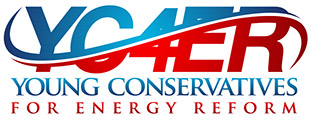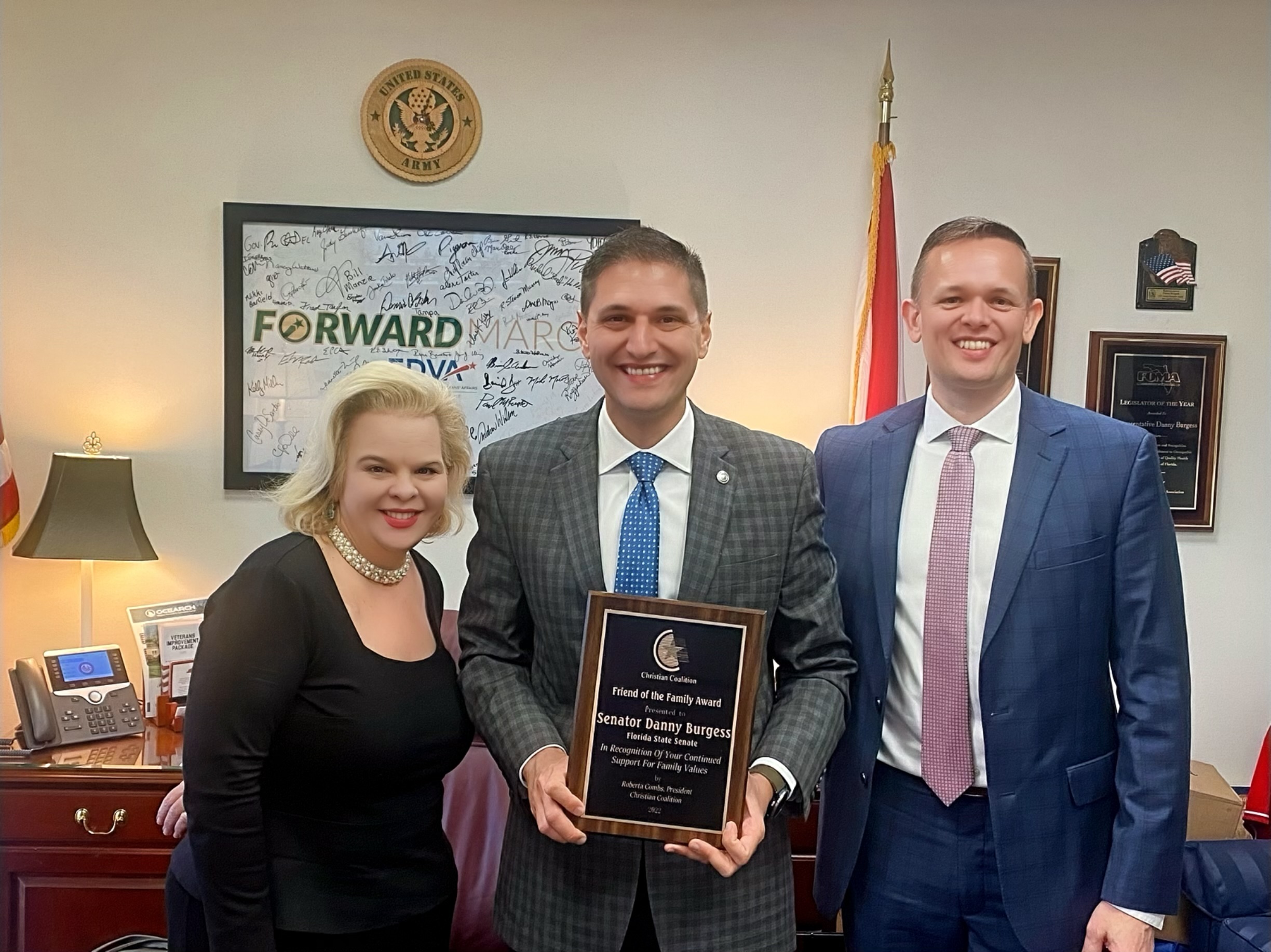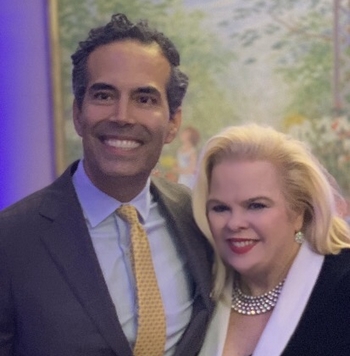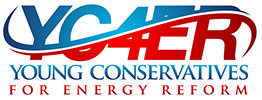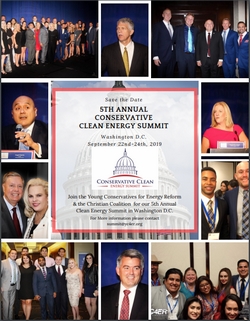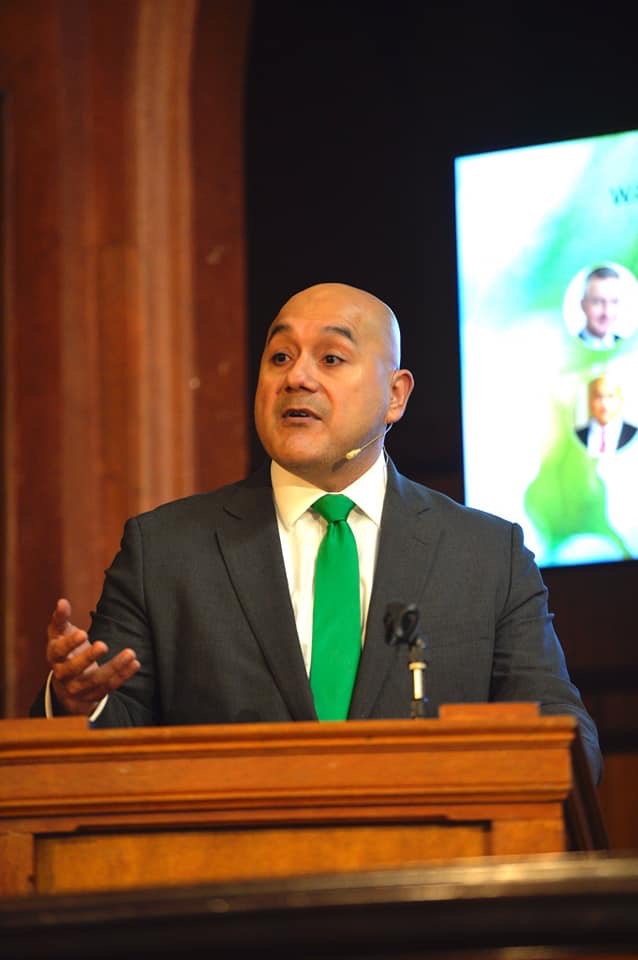Jennifer Yachnin, E&E reporter
CLEVELAND — Those who want to generate support from conservative voters for climate change policies might want to start by omitting the words ” climate change” from their pitch.
That’s the idea being embraced by some conservative activists as they look to grow the number of Republicans who will back policies to address rising emissions, reduce pollution or grow clean energy.
“Get away from this phrase ‘climate change.’ It alienates,” Cella Energy Chairman Jay Lifton said yesterday at a forum on the sidelines of the Republican National Convention organized by the Environmental Defense Fund’s Defend Our Future campaign and Bloomberg Government. “You’re trying to separate people when you use that phrase.”
Lifton was one of several speakers at the roundtable, “Changing Climate: The Future of Climate Change in the Republican Party,” to endorse the view that conservative climate and energy activists must find new language to discuss climate policy — or risk alienating voters who view the words “climate change” as code for ultra-liberal environmentalists.
Christian Coalition Southeastern Regional Director Ash Mason — who joked that he knows better than to use words like “Halliburton” with his liberal parents — echoed that sentiment. “A lot of us here are really developing the new language to talk to each other,” Mason said. “This group has a great opportunity to learn how to shape the language.”
Instead, Mason suggested that conservative activists should focus on differentiating between topics, emphasizing that efforts to focus on pollution are not the same as regulations to address global warming. “We have to be able to articulate the two different policies,” Mason said, noting that current distinctions leave would-be supporters of efforts to address climate change to pick from either the “tree hugger” or “drill, baby, drill” camps.
“If we talk about the solutions to this issue, you get 89 percent of agreeance on this issue,” he added. “It’s a matter of us right now teaching people how to talk about this issue in a way that doesn’t polarize us.” Instead, Lifton suggested that advocates of climate change policy focus on the growth of clean energy or the scientific basis for their efforts. “If we’re going to talk about climate, if we’re going to talk about energy, we have to use that word: science,” Lifton said. “It’s about having the right message for people to embrace, getting us to the right solution.”
‘The messenger matters’
Greater Cleveland Young Republicans President Jared Barker likewise endorsed the line of thought that conservative voters want to be involved but without the baggage of current campaigns like those of the Sierra Club or the League of Conservation Voters.
“It’s about getting involved and not saying ‘climate change,'” Barker said. Similarly, Angel Garcia of Young Conservatives for Energy Reform said that “climate change” as a phrase has taken on a “far left-wing feel.”
The candidates on the party’s likely presidential ticket, presumptive GOP presidential nominee Donald Trump and GOP vice presidential nominee Mike Pence, have both dismissed climate change. Trump has called climate change a “hoax” and “bullshit,” while Pence has called global warming a “myth” (ClimateWire, July 15).
But other attendees disagreed, arguing that conservative voters — particularly younger voters — are not turned off by the mere words “climate change.”
“If we’re really that fickle of a voter base that one word scares us away because the pretense for that word is the left can grow government, then we’ve got to change the pretense. Not every time you say it are you going to hit them with a big-government solution,” said RepublicEn Director of Strategy and Operations Alex Bozmoski.
Rachel Lamb, national organizer for Young Evangelicals for Climate Action, suggested that the message may need to be tailored to groups of voters, discussing her own experience working with both younger and older evangelical voters.
“I think the messenger matters,” Lamb said. “Climate, using the word and that language, isn’t a barrier.”
Lamb earlier noted that her group deployed volunteers in the 2016 primary cycle to reach out to GOP presidential contenders to address the issue, typically asking: “What is the free-market solution to climate?”
ConservAmerica President Rob Sisson — who asserted that it’s an open secret that “most Republicans in Congress understand climate change” — also argued that there is no need to invent a new way to address warming. That’s particularly so if Republicans are looking to sway voters who currently prefer Clinton over Trump, including those under the age of 35, women, Hispanics and college-educated voters.
“These demographic groups understand climate change, and using that is not a bad word,” Sisson said.
http://www.eenews.net/climatewire/2016/07/19/stories/1060040464
